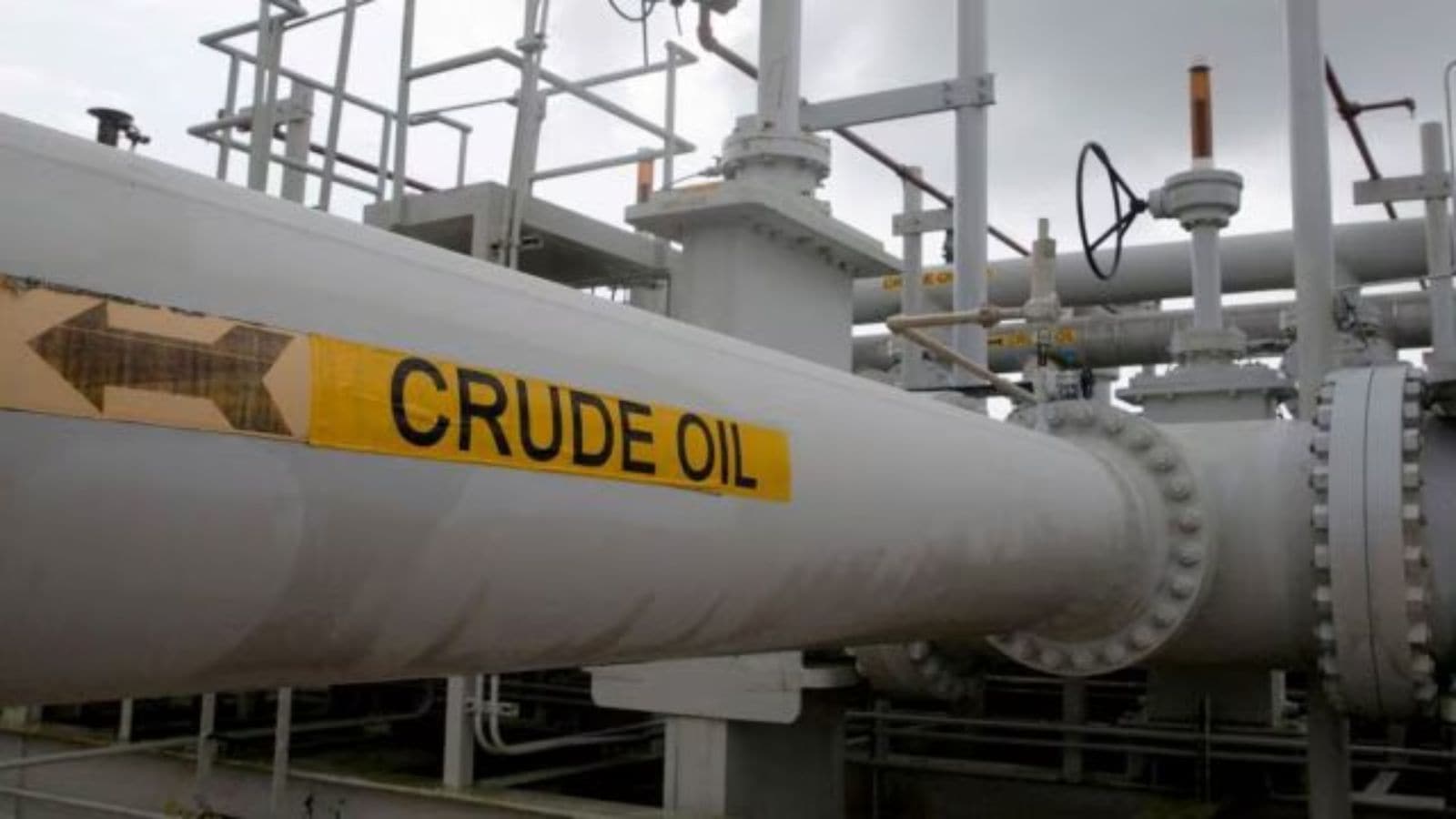India does not see any oil supply disruption if its Russian crude imports get impacted as the country has diverse sources of oil and enough supply is available in the market, Petroleum Minister Hardeep Singh Puri said Thursday. Puri’s comments come a day after NATO Secretary General Mark Rutte said that countries like India, China, and Brazil could be hit very hard by secondary sanctions if they continued to do business with Russia.
The NATO chief’s remarks come amid tariff uncertainties and global trade wars with the US, and India’s own trade with Russia, particularly oil imports. Weeks ago, there were concerns in India over a controversial Bill in the US that proposed 500 per cent tariffs on countries that continue to trade with Russia. More recently, US President Donald Trump also threatened “biting” secondary tariffs at the rate of 100 per cent on buyers of Russian exports unless there is a Russia-Ukraine peace deal within 50 days.
“I don’t feel any pressure in my mind. India has diversified the sources of supply… I’m not worried at all. If something happens, we’ll deal with it…there is sufficient supply available,” Puri said. He added that India in recent years has expanded its crude sourcing slate from 27 countries to around 40 countries.
India and China are the top importers of Russian crude, and Delhi is engaging with US lawmakers and the Trump administration to voice concerns regarding India’s energy security. India depends on imports to meet around 88 per cent of its crude oil needs, and Russia has been the mainstay of India’s oil imports for nearly three years now. Russia currently accounts for around 40 per cent of India’s total oil imports.
According to Puri, the massive market share of Russian crude in India’s oil imports doesn’t mean that India is dependent on Russia for oil, and other suppliers can quickly come in to replace Russian volumes of there is any major disruption. Even in the case of Russia, the country used to account for less than 2 per cent of India’s oil imports prior to the war in Ukraine, but quickly displaced heavyweights like Iraq and Saudi Arabia to become the top suppler after much of the West began shunning Russian crude due to Russia’s February 2022 invasion of Ukraine. Russia then began offering discounts on its oil to willing buyers, and the Indian refiners were quick to avail the opportunity, ramping up imports of discounted Russian barrels.
India has so far not scaled back on its oil imports from Russia, maintaining that it is willing to buy oil from whoever offers the best price, as long as the oil is not under sanctions. To be sure, Russian oil itself is not sanctioned, but the US and its allies have imposed a price cap of $60 per barrel, as per which Western shippers and insurers cannot participate in Russian oil trade if the price of Moscow’s crude is above that level.
It is yet to be seen if the recent tariff threats made against countries like India and China for their energy imports from Russia will translate into tangible tariff action. The Trump administration has been rather mercurial when it comes to trade tariffs; making sweeping announcements, then pausing and negotiating. The hope in India’s oil sector is that the US won’t actually implement tariffs related to India’s oil imports from Russia, as it is in the interest of the US and the global economy that the international oil market remains well-supplied. If Russia is unable to supply its crude, global oil prices are bound to rise due to lower supply being available.
Story continues below this ad
But if the US indeed goes ahead and imposes such tariffs, India would be pushed to cut down oil imports from Russia and increase imports from other suppliers, primarily its traditional West Asian suppliers like Iraq, Saudi Arabia, and the United Arab Emirates, which would push up the cost of imports by a few dollars a barrel.
Currently, Indian refiners are adopting a wait-and-watch approach on the matter, while keeping Russian oil flows into India robust. In fact, imports of Russian crude may rise further amid the tariff threats, as Indian refiners would ideally want to stock up on as much discounted Russian crude as possible before any tariff action takes effect, experts and industry insiders noted. Simultaneously, India is expected to sustain its diversification efforts by tapping additional crude oil volumes from Africa, Latin America, and the US to optimise refinery economics, balance geopolitical exposure, and enhance energy security. Geopolitical shifts, freight economics, and refinery economics are expected to continue shaping India’s crude sourcing decisions and diversification strategy.
Stories For You
© The Indian Express Pvt Ltd
Expand
